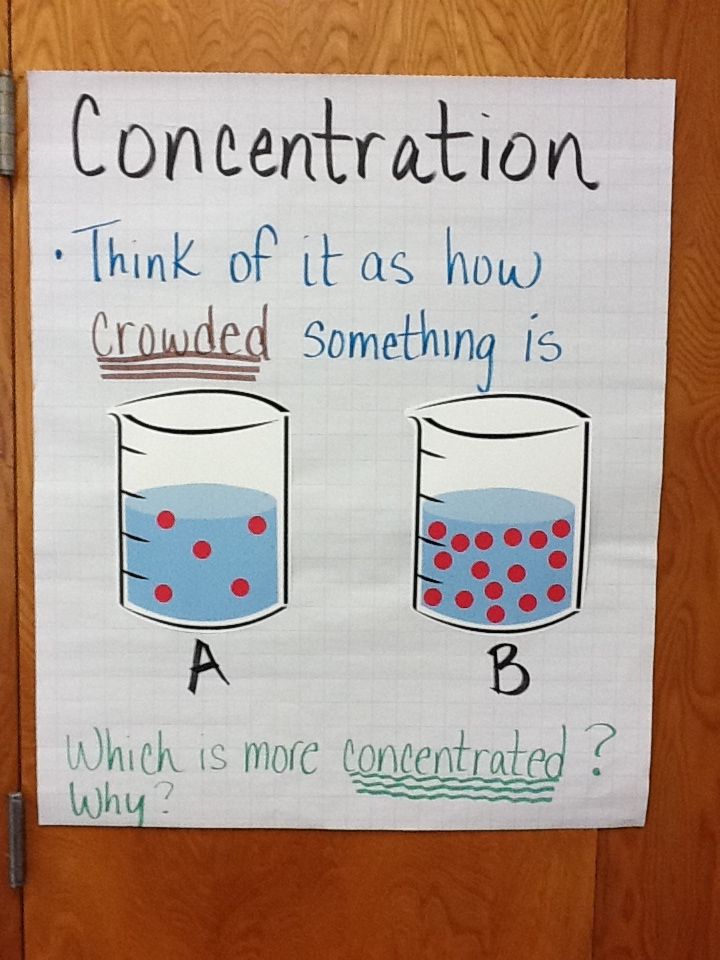Mastering Career Fairs: Essential Guidelines for Job Seekers to Achieve Success
Introduction: Why Career Fairs Matter for Job Seekers
Career fairs remain a powerful tool for job seekers at every stage. These events offer direct access to employers, real-time networking, and the chance to make lasting impressions. Yet, success requires more than showing up-it demands strategic preparation, professional presentation, and effective follow-through. This article provides comprehensive guidelines based on proven practices and authoritative recommendations to ensure you maximize your impact at career fairs.
1. Pre-Event Preparation: Research and Readiness
Effective career fair participation begins long before the event opens its doors. Start by researching the list of attending companies. Visit event organizers’ official sites or university career service pages to access exhibitor lists. Most fairs publish this information in advance, allowing you to target your efforts. Research each employer of interest by exploring their official websites, recent news, and industry position. Understand their mission, values, products, and open positions. This enables you to tailor your conversations and demonstrate genuine interest. Prepare several copies of your resume-at least two for each company you plan to approach. Tailor each resume version to match different potential roles or industries. Use high-quality paper and keep your layout clean and professional, avoiding graphics or colored fonts, which can hinder scanning and digital uploads [1] . Be ready to navigate both in-person and virtual fair formats. For virtual events, confirm your login details, upload a professional photo, and ensure your resume is accessible in the platform’s required format. Investigate event layouts and schedules so you can prioritize employer interactions and avoid unnecessary delays [2] .
2. Crafting Your Introduction: The Art of the Elevator Pitch
With only minutes to make an impression, your introduction is critical. Develop a concise elevator pitch that covers your background, career goals, and why you’re interested in each company. Practice delivering this pitch in 30 seconds, focusing on clarity, relevance, and confidence. For example, “Hello, I’m Jane Smith, a recent marketing graduate with internship experience in digital campaigns. I’m excited about your company’s innovation in social media strategy and eager to learn more about entry-level marketing roles.” This direct approach shows you’ve done your homework and are prepared to discuss your fit for the organization. Practicing your pitch ahead of time ensures you can speak naturally and respond to follow-up questions with ease [2] .

Source: luxurygala.com
3. Professional Presentation: Dress and Demeanor
First impressions are lasting, and your attire signals professionalism. Dress as you would for an interview in your target industry-business professional is usually safest. Clean, wrinkle-free clothes are a must. For virtual fairs, wear appropriate attire and ensure your background is neutral and free of distractions. Greet recruiters with a smile, make eye contact, and offer a firm handshake. Speak clearly and avoid rushing. Demonstrate enthusiasm and positive energy, whether in person or online. Remember, professionalism extends to written interactions in virtual settings, so avoid slang, abbreviations, or informal language [3] . Anticipate lines or wait times. Use this opportunity to review your notes or update your approach. For virtual events, arrive early, check your technology, and be ready to engage as soon as the fair opens [2] .

Source: tctmd.com
4. Effective Engagement: Connecting with Employers
Approach each employer with confidence and authenticity. Prepare thoughtful questions that reflect your research, such as inquiries about company culture, specific roles, or growth opportunities. Avoid generic questions-show you’ve invested time in understanding their business. Hand your resume to recruiters early in the conversation, highlighting relevant experiences that align with their needs. This draws their attention to your qualifications and demonstrates your proactive approach [5] . Be patient and flexible. Some booths may be crowded; consider visiting less busy employers first, then returning to top-priority companies later. For virtual fairs, respond promptly and professionally to chats and messages. Take detailed notes during conversations, recording names, roles, and any unique application steps or follow-up instructions [3] . Example: After engaging a recruiter, ask for a business card or contact details. This ensures you have the information needed for subsequent follow-up.
5. Making a Memorable Exit: Thank You and Next Steps
Conclude each interaction by expressing gratitude for the recruiter’s time and insight. Ask about next steps in the hiring process and express interest in further discussions. Use phrases like, “Thank you for sharing information about your company. I look forward to following up on the application process and hope to speak with you again soon.” Request a business card or, in the case of virtual events, record the representative’s name and preferred contact method. This is vital for personalized follow-up and helps distinguish you from other candidates [5] .
6. Post-Fair Follow-Up: Keeping the Conversation Alive
Your efforts should continue after the fair ends. Organize your notes and contacts promptly-record key details, application instructions, and personal reminders. Send personalized thank-you emails within 24-48 hours. Reference specific points from your conversation to show attentiveness and genuine interest. For example, “Thank you for discussing the digital marketing analyst position with me at the career fair. I appreciated learning about your team’s approach and am eager to apply through your company’s online portal.” Monitor employer websites and job boards for new postings. Follow application instructions provided by recruiters and track all submissions. Maintain a log of your applications, follow-ups, and responses to stay organized during your job search [3] . If you did not receive a direct email or link, visit the employer’s official career site and search for recent postings or application portals. For additional guidance, contact your university’s career center or professional association for support and resources.
7. Alternative Strategies and Overcoming Challenges
Career fairs can be overwhelming, especially for first-time attendees or those seeking roles in competitive fields. If you feel anxious, rehearse your pitch with friends or mentors beforehand. If you encounter long lines or crowded booths, revisit those employers later or utilize waiting time to engage with other companies. Not all employers may collect paper resumes; some prefer digital submissions. If so, ask for instructions and submit your application through the employer’s official online portal. For virtual events, ensure your profile is complete and your resume is uploaded in advance. If you are unable to attend a fair in person, explore virtual career fairs hosted by professional organizations, universities, or established job boards. Many reputable career services offer lists of upcoming events and instructions for participation. For further opportunities, search for “career fair calendar” and “virtual career fair registration” on official university or association websites.
Key Takeaways for Career Fair Success
Success at career fairs requires preparation, professionalism, and persistence. By thoroughly researching employers, crafting a compelling pitch, dressing appropriately, engaging recruiters, and following up diligently, you position yourself as a standout candidate. Career fairs offer unique opportunities to build relationships, gather information, and access job openings not always advertised online. Use these guidelines to maximize your impact and move confidently toward your career goals.



